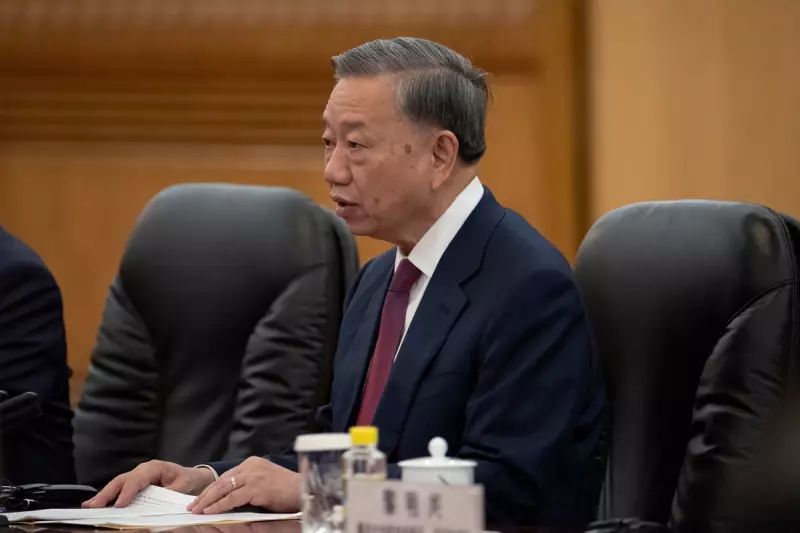
A BBC journalist found himself at the centre of a concerning incident at Heathrow Airport that has raised alarm bells about press freedom in the United Kingdom. Edward Lawrence, a reporter for the British Broadcasting Corporation, was detained and subjected to intensive questioning upon his return from an assignment in China.
The Heathrow Interrogation
Lawrence was stopped under Schedule 7 of the Terrorism Act 2000, legislation typically reserved for counter-terrorism operations. During the two-hour interrogation, authorities confiscated his electronic devices and pressed him for details about his reporting work in China, particularly focusing on his contacts and sources.
Background: Sensitive China Reporting
The journalist had been covering significant political developments in China, including the aftermath of rare public protests in Beijing. His reporting touched upon sensitive topics that apparently drew the attention of UK authorities, leading to the unexpected detention at one of Britain's busiest airports.
Industry Reaction and Concerns
The National Union of Journalists (NUJ) has expressed serious concerns about the incident, describing it as "deeply troubling" and highlighting the potential chilling effect on investigative journalism. Media freedom organisations have joined in condemning the use of anti-terrorism powers against working journalists.
Legal Framework Under Scrutiny
Schedule 7 of the Terrorism Act allows border officers to detain and question individuals without reasonable suspicion – a power that critics argue is being misapplied when used against journalists conducting legitimate work. This incident has sparked renewed debate about the balance between security concerns and press freedom.
Broader Implications
This case emerges against a backdrop of increasing tension between Western nations and China, raising questions about whether journalists are becoming collateral damage in geopolitical disputes. The treatment of Lawrence has prompted discussions about the protection needed for reporters covering sensitive international stories.
The BBC has maintained its support for Lawrence while carefully navigating the diplomatic sensitivities involved, underscoring the complex position of journalists operating in today's increasingly polarised global landscape.





